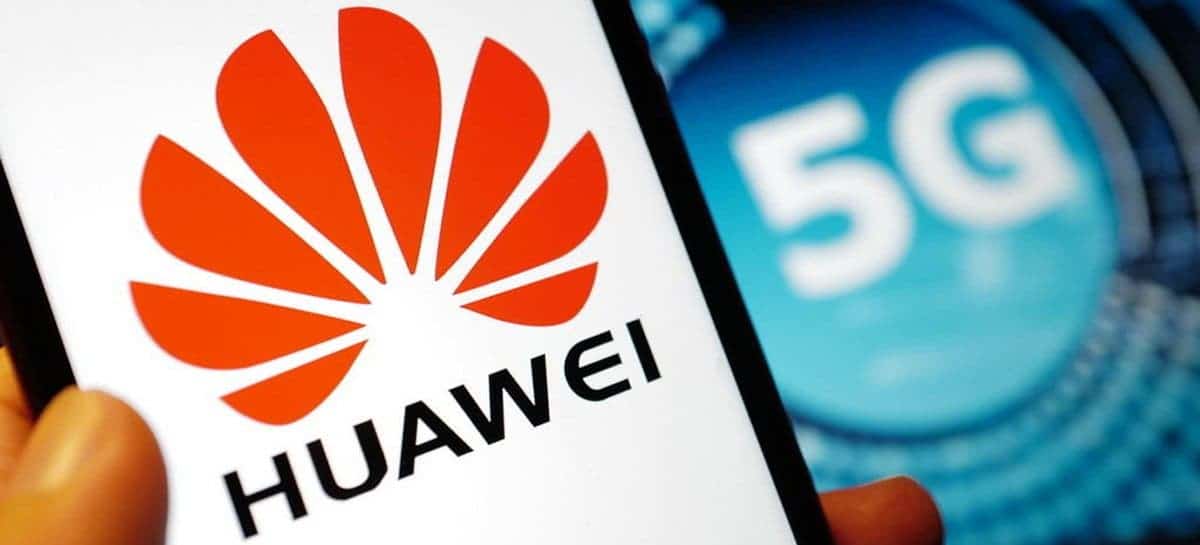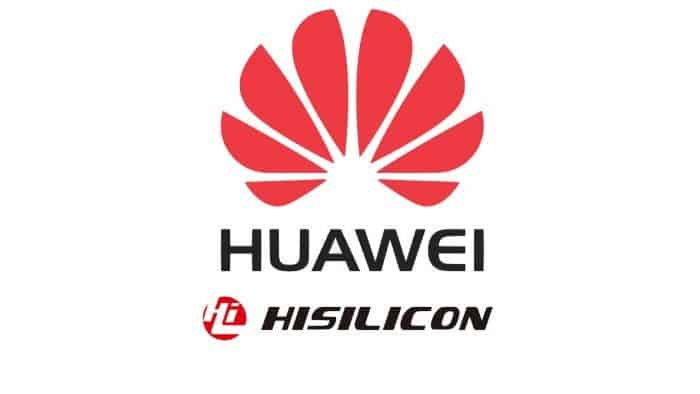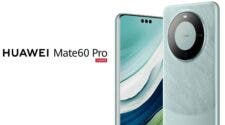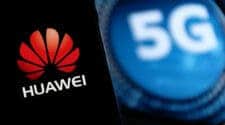American IT giant, Hewlett Packard (HPE), has put extra pressure on Prime Minister, Boris Johnson, over its decision to exclude Huawei from the UK’s 5G market. In a letter dated June 7, Marc Waters, managing director of its U.K. and European business, said the new 5G option means “less reason to include potentially insecure technologies on U.K. networks. Although the letter doesn’t name names, its reference to “insecure technologies” comes as British politicians and U.S. officials are urging the British government to ban Huawei for “security” reasons. This is despite the fact that Huawei has repeatedly denied the allegations against it.

In January, the British government proposed a compromise that would allow Huawei to participate in the country’s network construction. However, Huawei will have a maximum 35% share of the 5G market and all-optical networks. In addition, it will not be able to participate in some core segments.
For critics, that’s not enough. But British operators, which rely heavily on Huawei equipment, say an outright ban would jeopardize the UK’s 5G prospects, and “Hundreds of millions of dollars” would be spent on the cost of replacement.
Banning Huawei 5G will harm competition
They added that banning the Chinese supplier would harm competition in the mobile infrastructure market. Huawei, Ericsson, and Nokia are estimated to account for around 80% of the total mobile infrastructure sales.
Now, Waters has joined other U.S. companies that have positioned “more open” 5G networks as potential solutions. He writes: “The 5G standard is intentionally designed to promote diversity of supply, and an open approach to building a standard — Open5G — is a way to make it more open. Inherently, it provides operators with more options when building infrastructure.”
U.S. software developers, such as Altiostar and Mavenir, are promoting a technology called “RAN”. The concept intends to stimulate competition by reducing the use of semi-dedicated equipment in wireless access networks. Advocates claim that these interfaces make service providers overly dependent on large operating providers and discourage the use of alternatives. However, skeptics argue that open RAN is not ready for large-scale commercial deployment. In fact, there are reports that it underperforms relative to products from Huawei, Ericsson, and Nokia.
Some alternative from US companies
As part of their latest efforts to promote development, Altiostar and Mavenir announced that they have made a decision to develop a compatible open RAN. The two companies say they aim to offer a “full suite” of FCC-band wireless equipment. According to the companies, this will happen by the end of June this year. It will have it available by 2021.
As a performance-enhancing 5G technology, for operators, Massive MIMO is open RAN’s Achilles’ heel.
If Ericsson and Nokia are struggling to compete with Huawei’s wireless offerings, we can’t expect O-RAN to magically surpass Huawei. It also announced in March that it was entering the 5G market with a core network product.
It is one of several companies that have recently said it will play a role in this market. Others include Japan’s NEC and U.S. software giant, Oracle. In a letter to Johnson, Waters said that “without government-led action, 5G adoption will slow as the industry remains unsure whether to continue to use legacy providers or invest in open platforms”.
He urged the prime minister to convene a summit of technology providers and operators. This meeting will be to discuss options for “a more secure and diverse telecommunications market.






USA is not the world, other countries got also different view on this.
banning won’t harm competition. China banned everything from foreign markets, and the competition is still vivid. Huawei is a cancer, should be banned. Should even be prescribed by the WHO.